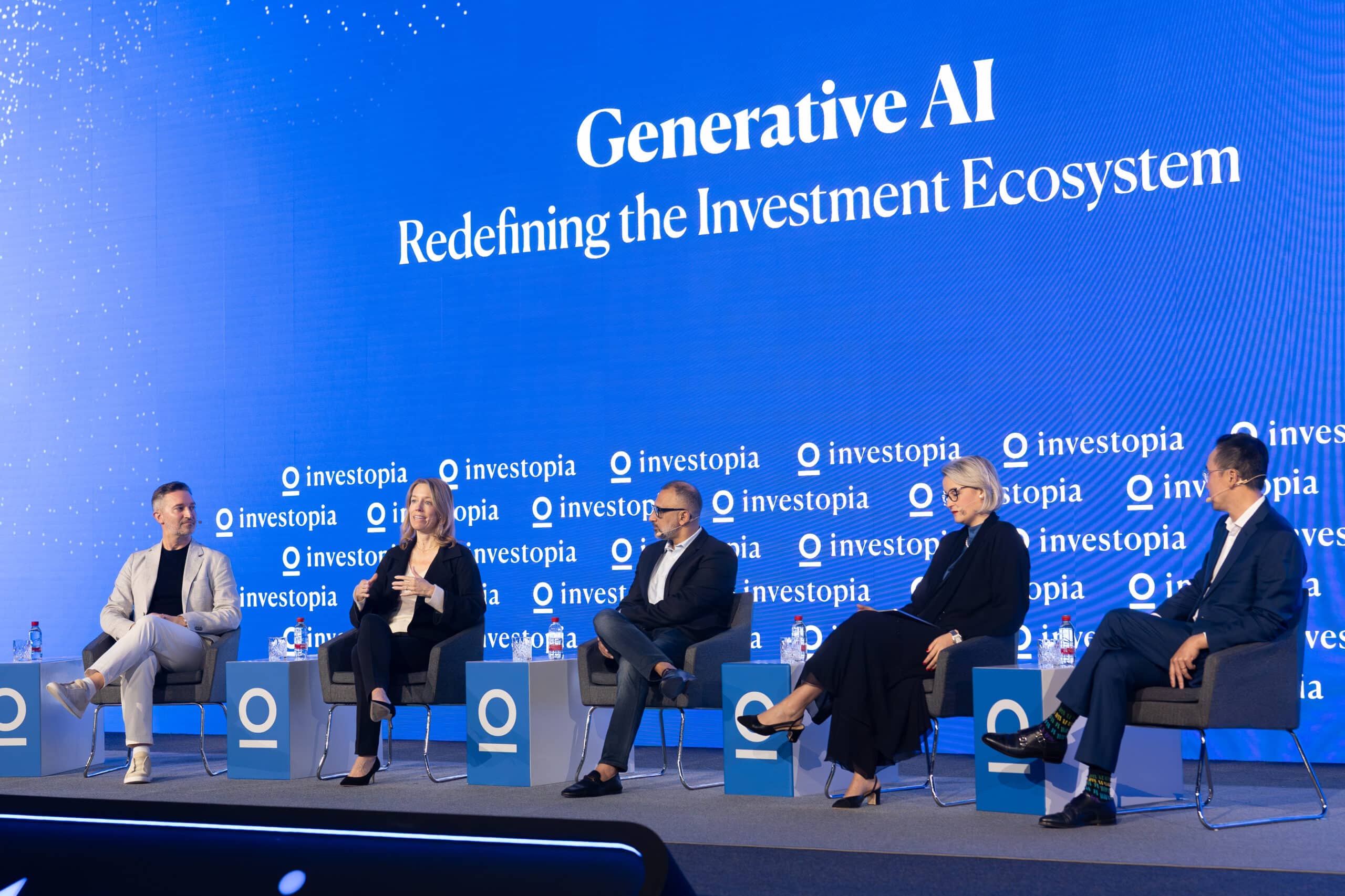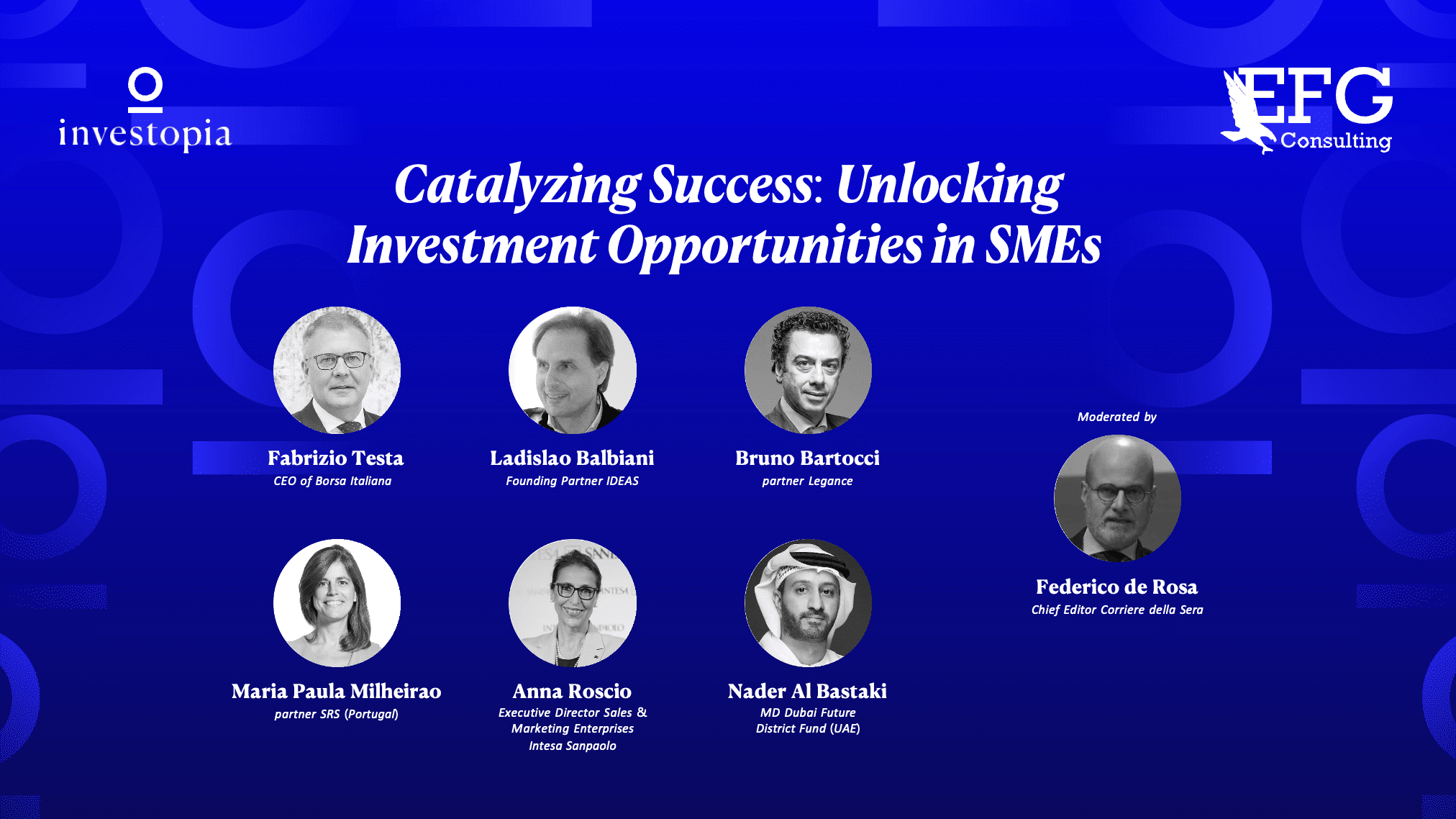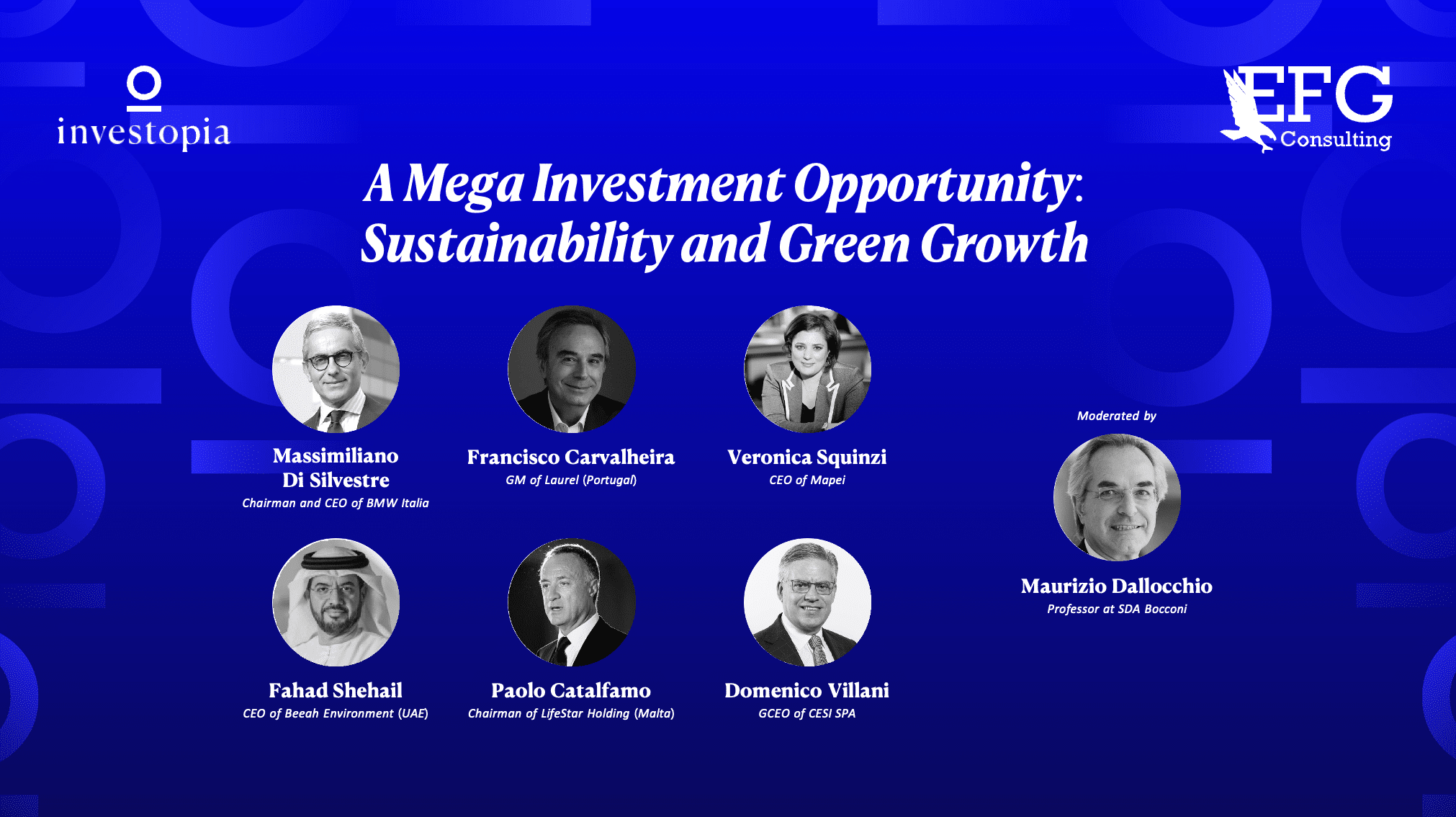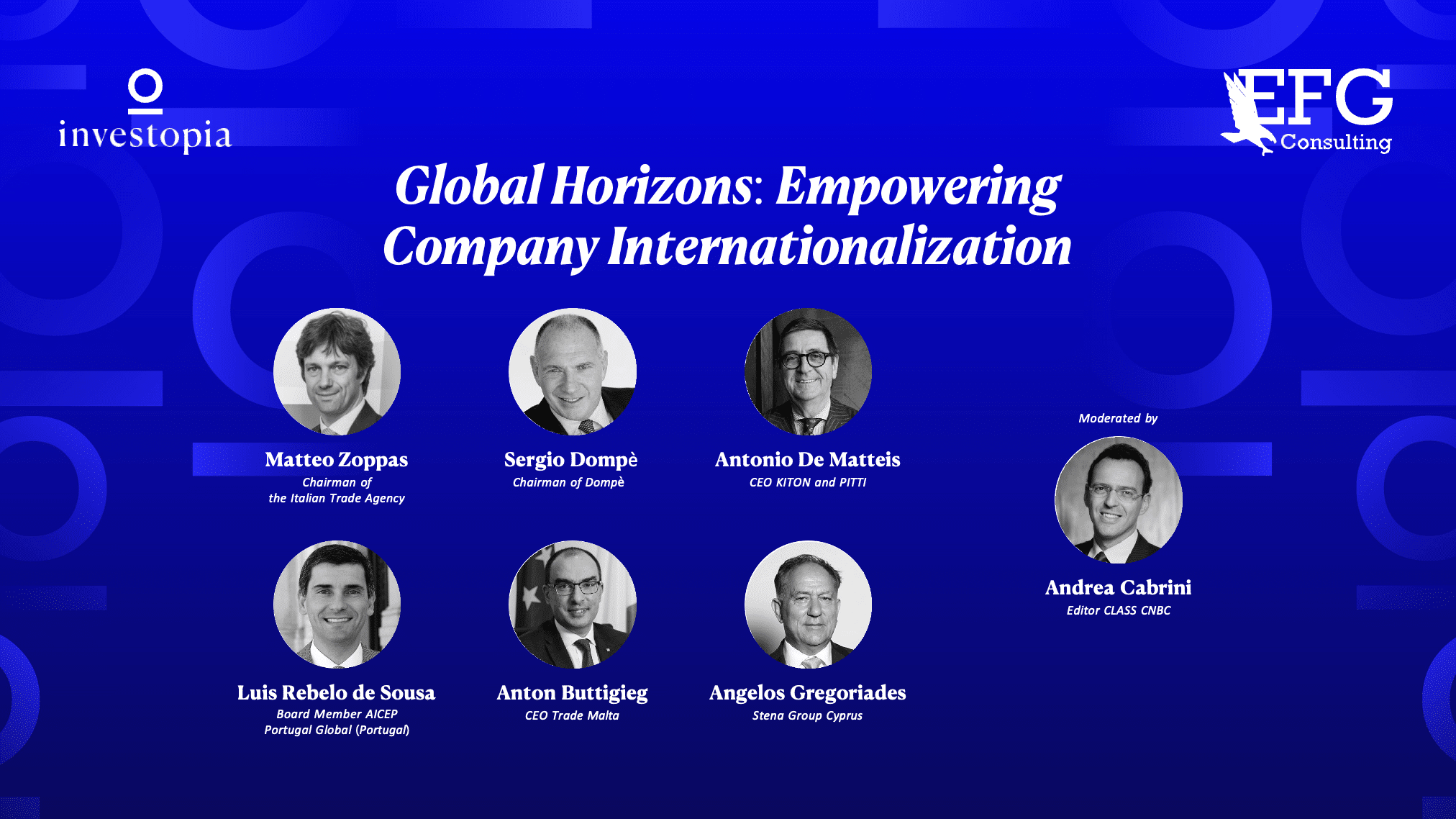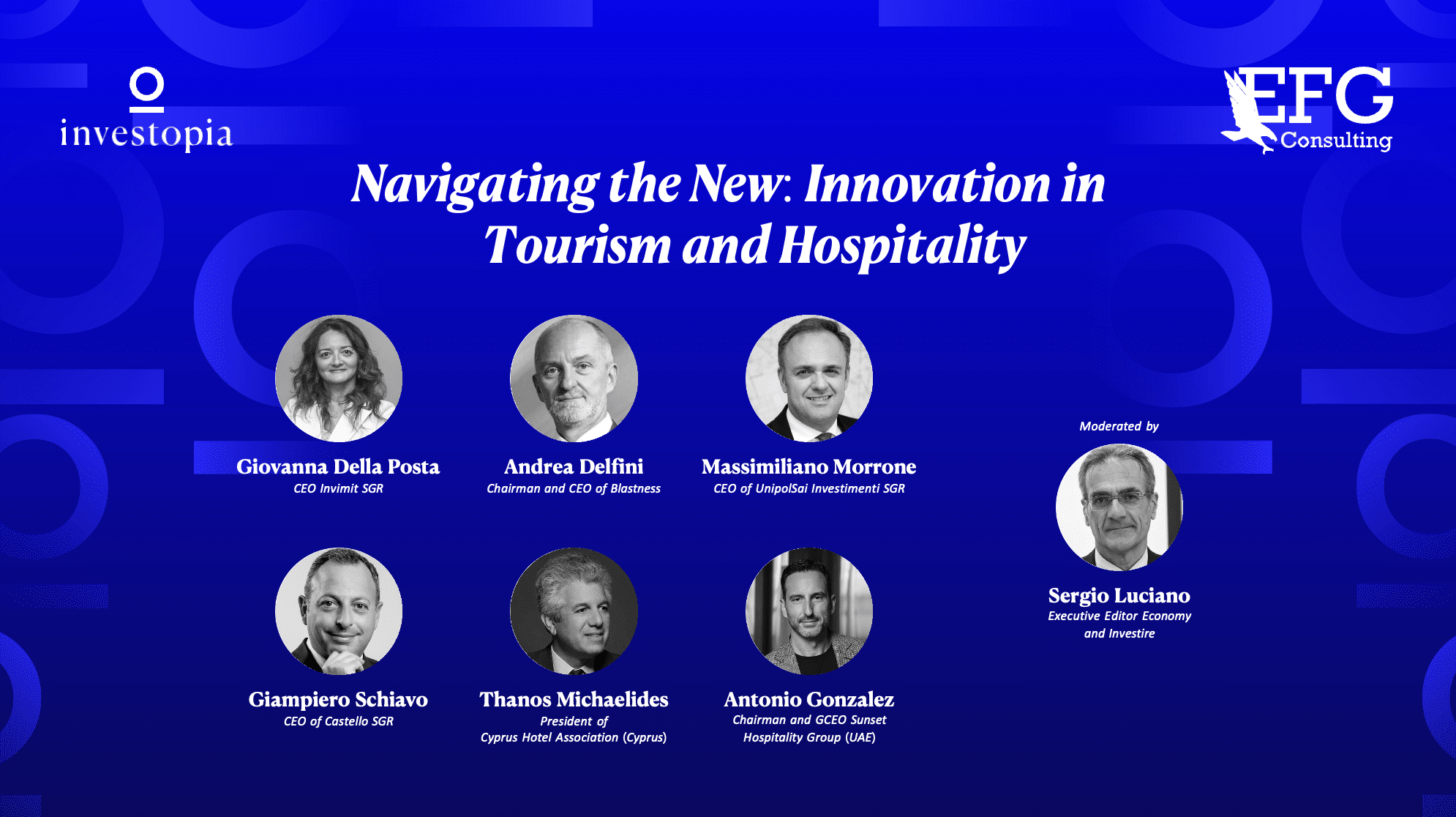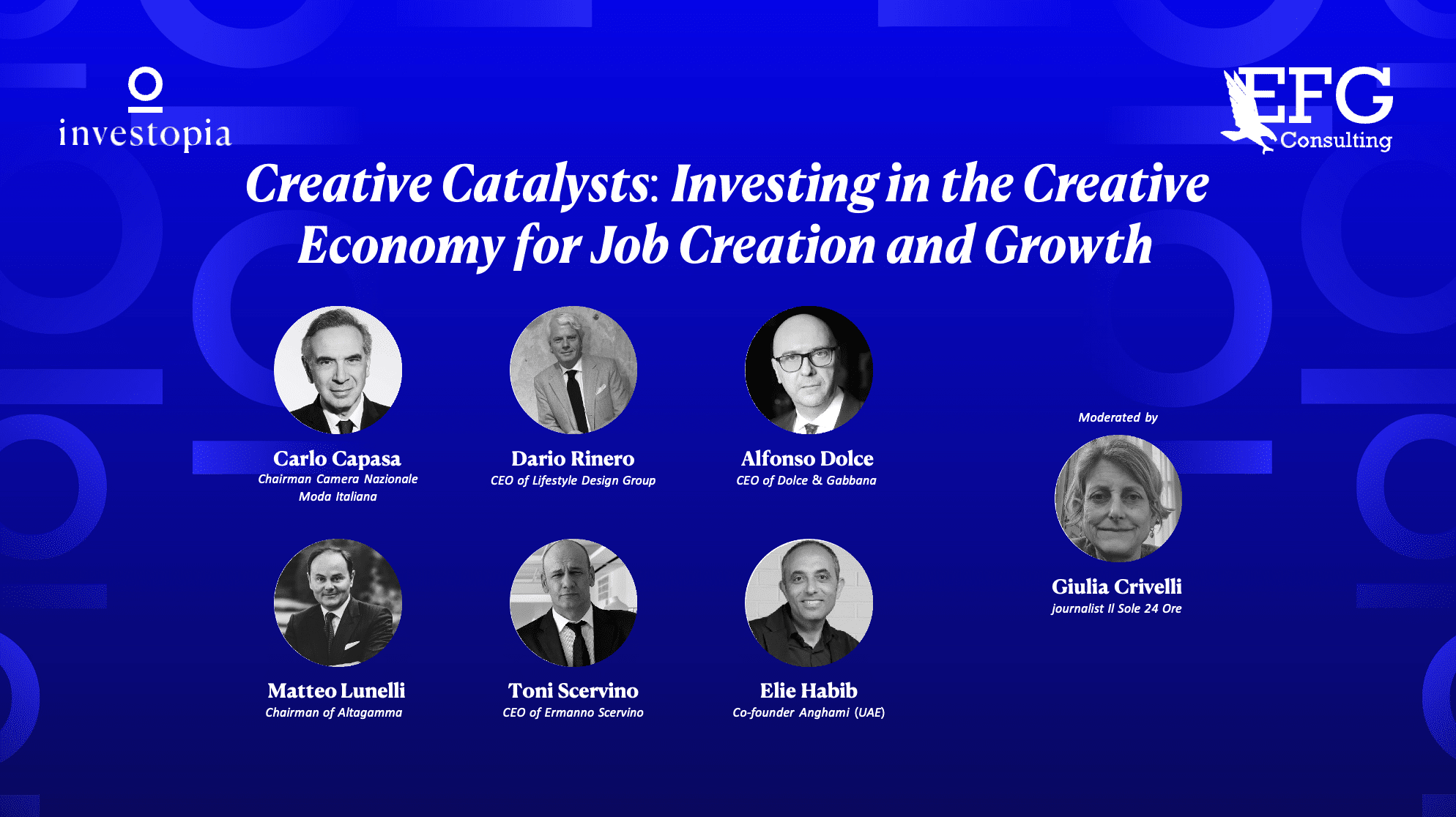Session Speakers:

Ali Hussein
CEO of Eros Now

Dr. Noah Raford
Managing Partner - Advisory at EMIR

Naima Al Falasi
Senior VP of Portfolio Strategy at Mubadala

Patrick Zhong
Founding Managing Partner of M31 Capital

Ulrike Hoffmann-Burchardi
Head CIO Equities at UBS
Share
Key Takeaways
- Clean, labeled data is essential for effective AI integration, ensuring accurate insights and predictions.
- Continuous innovation is necessary to stay ahead in AI-driven investment strategies, adapting to evolving technologies and trends.
- Artificial Intelligence’s ability to analyze macroeconomic signals enhances decision-making, uncovering hidden trends and investment opportunities.
- Successful AI implementation requires collaboration across teams, breaking down silos to maximize its impact on investment outcomes.
As part of Investopia Day 1 panels, a core group of experts delved deep into the evolving landscape of artificial intelligence (AI) and its implications for investment strategies.
Moderated by Dr. Noah Raford, Managing Partner and Advisory of EMIR, the discussion revolved around the utilization of Generative AI in various industries and the challenges and opportunities it presents.
Ulrike Hoffmann-Burchardi, Head CIO Equities of UBS, shared key insights into the rapid evolution of AI applications and infrastructure. She emphasized the challenge of keeping pace with innovation, highlighting the uncertainty of whether a new project would merely become a feature of the next AI model iteration. Ulrike stressed the critical importance of clean, labeled data and robust data infrastructure, underlining the significant energy requirements of AI operations.
The conversation further shifted to the allocation of funds in foundational AI models. Ulrike noted the significant investments pouring into core infrastructure elements and questioned whether the growth trajectory would remain consistent.
The panel highlighted the exponential growth in the capabilities of language models, with context window sizes increasing dramatically in a short period.
Naima Al Falasi, Senior VP of Portfolio Strategy of Mubadala, emphasized the potential of AI in augmenting investment and portfolio management processes. She outlined numerous use cases from deal sourcing, to deal screening and due diligence citing AI’s potential to identify optimal exit points based on market conditions. Al Falasi stressed the importance of macroeconomic signals and the potential for AI to uncover hidden trends within vast data points helping build data driven scenarios.
The conversation touched upon the challenges of implementing AI within large organizations. Raford also highlighted the discrepancy between the number of AI experiments conducted and the percentage of employees utilizing AI tools, signaling an area ripe for further exploration.
The panelists expressed excitement about AI’s potential to revolutionize various industries, from entertainment to education. They envisioned a future where AI consistently outperforms traditional market strategies and highlighted the importance of continued innovation and adaptation.


